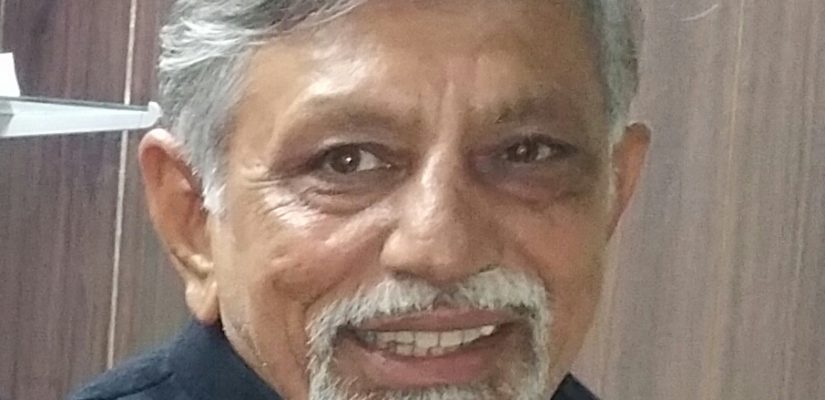
Enhancing leadership of CAPFs (English version) Rakshak News 03 Jan 19
http://www.rakshaknews.com/vishesh/need-for-change-under-the-leadership-of-central-police-force-organizations
Enhancing leadership of CAPFs (English version) Rakshak News 03 Jan 19
Any security organization employed in multifarious roles needs a resolute leadership for success. Ideally, the leadership should flow from bottoms up, wherein those rising have experienced the hardships and pressures at the grassroots level and hence, always have a better understanding of the men they are ultimately expected to command. It is this difference which separates the performance of the collection of Central Armed Police Forces (CAPFs) and the army, though the men for all these organizations come from the same stock, undergo near similar training and operate jointly in anti-militancy operations in the valley and North East.
The armed forces are the only organization where there are no lateral intakes. Those who rise to the top do so from the grassroots, working alongside their troops, sharing the same facilities and facing the same dangers. They lead troops and are themselves led by senior leaders. Simplistically put, it is the only organization which makes leaders and leads leaders.
Hence, there is always greater bonhomie and understanding. It builds faith and trust in the leadership, makes acceptance of orders easier and imbibes a spirit of camaraderie and sacrifice. Even a commanding officer from another battalion or regiment must prove himself before being accepted by the troops.
The CAPFs on the other hand have their own cadre being ignored while being forced to accept intake from the IPS. This sidestepping comes directly at the upper echelons of the service. None of those who have been inducted have ever operated with the men they are expected to command, have no idea of ground realities and are cut off from the troops. Those who manage to wander into the CAPFs have only served at state police levels, lacking experience and understanding of the environment where CAPFs operate. This induction at the upper echelons has its impact down the chain.
It has been seen that junior leadership in the CAPFs is strong and ideal but the gap between them and their senior leaders is increasing, as the senior leadership has little understanding of these organizations. This sidestepping also impacts morale of the officer cadre which is aware that they can never rise to the top, irrespective of their performance and capability, as that is reserved for the IPS. Anger against this system cannot be easily projected by the rank and file as it would be processed through the same channel which it seeks to discard.
It may be possible that the system was put in place initially as the organization lacked its own senior cadre at the necessary levels, since these were mostly raised post-independence. With passage of time the strength of the forces has grown manifold, and along with it has their own cadres. The officer cadre has obtained enough ground experience and has successfully led their command in operations, hence deserve to climb the ladder and command their own organizations.
The performance of any organization stems from the nature of its top leadership. If the same is weak, disliked, unaware, and forced down from another cadre, there would always be lack of trust, which would impact performance. If the leadership rises from within, there would be a marked difference in performance.
This therefore leaves two options for improving leadership levels of the CAPFs. The first is that if the same procedure is to continue, then every IPS officer must undergo a tenure as a company commander in a CAPF battalion deployed in counter insurgency operations. Only if he has served in such an appointment can he be inducted later. The second option is to cancel this system of sidestepping completely and promote the cadre of the CAPF itself.
The government must reconsider its approach to the CAPFs and stop treating them as the exclusive preserves of the IPS as also a second-class force. Their own cadres are now capable of commanding the forces and should be given the requisite opportunity. The IPS should be left to run its own organization at the state level.
Very well and correctly brought out.
Thank you very much
Hope Govt of India and policy makers are listening..
Immediate Appropriate action to adress this is the need of hour…Before it becomes too late…
And the matter may slip out of hand
I agree. Should not be delayed. Working on another article on the subject
Lucidly written and we’ll articulated sir. Your arguments make sense.
Thank you
Clearly addressing the main issues and at the same time, suggesting path for future reference also. Very well written, dear Sir!
Thank you
Thank u sir for making the people aware that one who had operated in ground can only lead the capf,not the paratute dropper.
Thank you very much
sir very deeply analysed and insightful article
Thank you very much